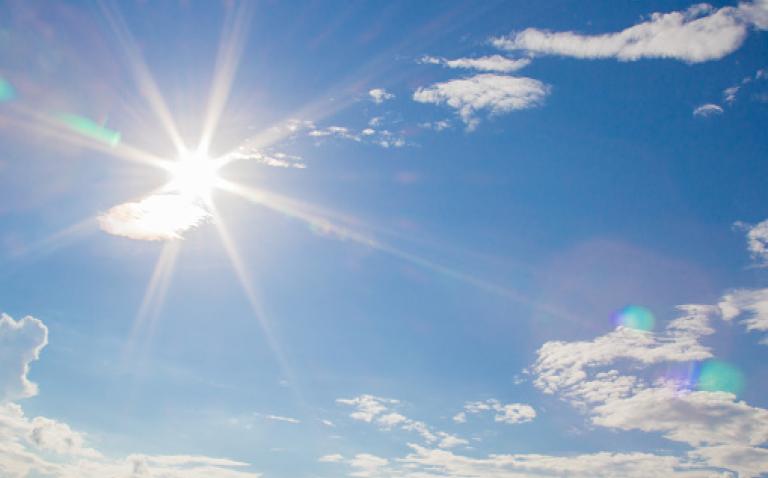The European Academy of Dermatology and Venereology (EADV) launched a Global Call to Action urging policy-makers, employers, workers’ organisations and physicians to protect Europe’s outdoor workers from skin cancer caused by solar UV-radiation.
The Call was launched at a policy debate in the European Parliament, hosted by MEP Nessa Childers (S&D), Vice President of the European Parliamentary Interest Group ‘MEPs Against Cancer’, and co-hosted by MEPs Mr Ole Christensen (S&D) and Mr Jens Gieseke (EPP).
“Occupational skin cancer is a real threat to our workforce. Moreover, at a time when healthcare budgets face unprecedented strains, protecting our outdoor workers from UV-induced skin cancer should be at the top of Europe’s public health agenda”, said EADV President Prof Dr Erwin Tschachler.
The policy debate highlighted the fact that there are easy, simple and cheap solutions to avoid this preventable form of cancer.
MEP Nessa Childers (S&D) commented, “We have a chance to push forward policies and measures that can have a big impact on the health of our workers and which do not necessitate large investments by either companies or governments. This is the time for Europe to lead by example and ensure that the workplace is a safe place for all”.
“The question therefore is whether, in line with the available evidence, EU policy-makers will act accordingly“, asked Prof Dr Swen Malte John, Chair of the EADV’s Media & PR Committee, while presenting the Global Call to Action.
The event is part of the EADV’s campaign “Skin Cancer: Safe Work Under The Sun”. EADV’s Global Call to Action asks, among others, for an improved legislative framework to protect outdoor workers more effectively, official recognition of UV induced non-melanoma skin cancers as occupational diseases, as well as promotion of and education on the simple and cheap techniques of sun-safe behaviour and prevention of skin cancer.
At the debate, speakers from the EADV, the World Health Organization, the European Commission, the European Federation of Building and Woodworkers and the Centre for Health Economics of the Hamburg University, took the floor to expose the danger of solar UV radiation to the health and safety of 14.5 million outdoor workers in Europe. Whereas solar radiation has been long recognised as a group I carcinogen and is the leading cause of non-melanoma skin cancer worldwide, most outdoor workers are unaware of the dangers of working under the sun. In addition, there is no EU-wide requirement to protect workers at risk.










